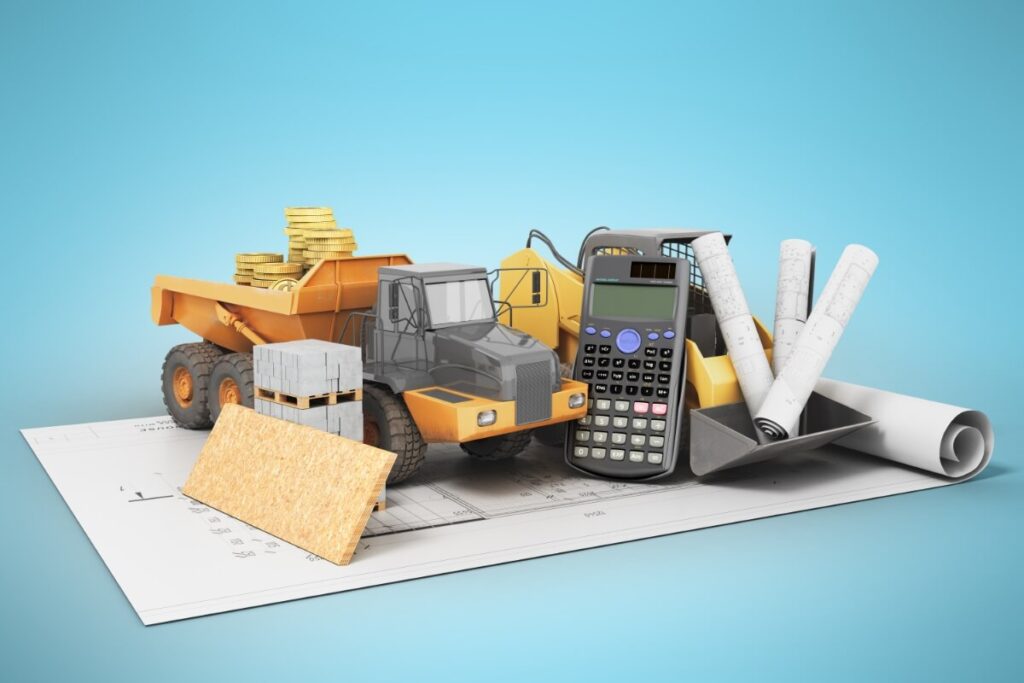Construction Budgeting: Your Guide to Lowering Costs
If you’re looking for one high-impact way to make the most of your construction budgeting, finding qualified tradespeople is the best way to save time, money, and stress.
When you’re pulling together a strategy for construction budgeting, what’s your goal?
We’re guessing that one of your missions is getting the most out of your construction budget. Supplies are costly right now. There’s a labor shortage affecting your ability to get work done. You need to know that your projects can move forward despite these challenges.
Here’s how we’re taking construction budgeting to the next level.

Five Tips for Construction Budgeting: Practical Ways to Lower Costs
- Plan ahead. The most expensive part of any construction project is an unplanned event! Before you start, budget and plan out every aspect of your project. If possible, identify potential issues beforehand and factor them into your scope of work. Then, as you start your project, think a few steps ahead. For example, check to see whether shipments are coming on time, if you have the materials you need, and if the weather is on your side. This can give you an invaluable heads-up to help you avoid costly delays or necessary rework.
- Choose your materials carefully. Some materials are more expensive to work with than others. Before you and your client decide on materials, consider their availability, durability, and cost. If a material is hard to come by and could stall your project, it’s likely worth reexamining your alternatives. Investing in a more durable (and slightly more expensive) material may also make sense if it will help you avoid delays or broken parts.
- Use modern tech to optimize your design and process. The contractors, engineers, and architects on your team can leverage their expertise to design changes in your structure that could minimize cost (e.g., simplifying building forms and standardizing room sizes). You can also opt for Building Information Modeling (BIM) to help streamline your process and identify design issues before they occur.
- Consider prefabrication or modular construction. With prefabrication, construction teams assemble building components remotely before transporting them to the site. Modular construction is similar — it involves assembling pre-built modules on-site. Either way, these alternative construction strategies reduce construction time, improve quality control, allow for a safer construction site, and can reduce both wasted time and wasted materials.
- Hire skilled labor for construction. Labor is one of the most significant construction costs involved with any project. If you hire the right tradespeople and find experienced, qualified skilled and unskilled construction workers for your team, they’ll save you time and money. Experienced construction workers work more efficiently. They also don’t make mistakes or perform unsafe actions nearly as often as inexperienced or unqualified tradespeople. Finding the right team for your project — people with the specific skills, experience, and abilities you’re looking for! — is a critical part of budgeting for construction successfully.

Optimize Your Construction Budgeting with The Right Skilled Labor
If you’re looking for one high-impact way to make the most of your construction budget, finding qualified tradespeople is the best way to save time, money, and stress.
Experienced contractors can help you plan well. Electricians, plumbers, and construction engineers with specific expertise can help you identify potential design errors. Together, your team can help you brainstorm cost-effective solutions.
Looking to build a team that values time as much as craftsmanship? We connect you with hiring opportunities that align with your needs. Register with Trade Scouts today.